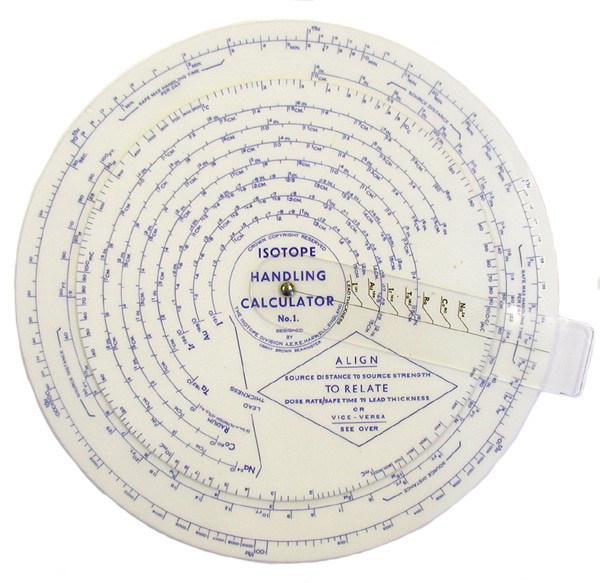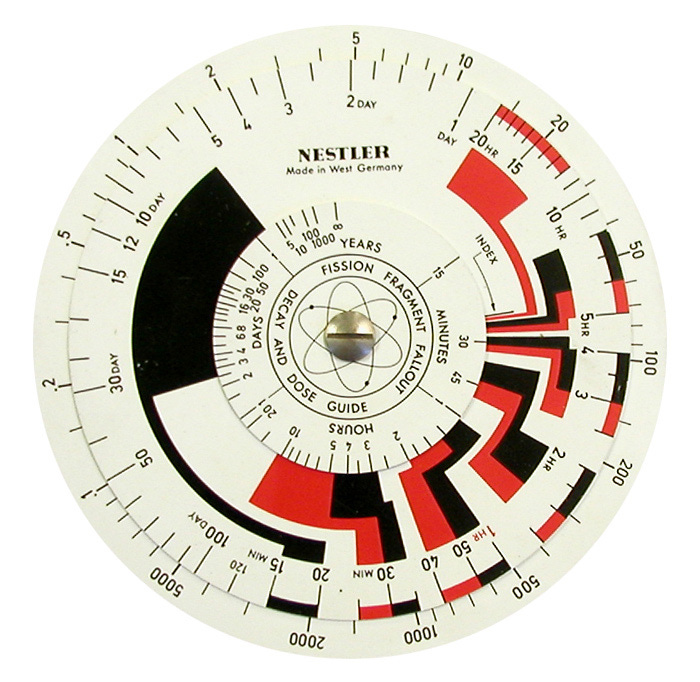Mondragon: Lessons for DAO DAO
As I've written before, and as Meow initially observed, DAO DAO could function as a mesh governance protocol, a means for independently governed organizations to coordinate. The question is: how does it all begin?
In this piece, I look beyond today's web3 structures to imagine a more worker-owned society, economy, and world. I identify ease of confederation as DAO DAO's primary advantage over existing systems, an advantage that can facilitate larger and more flexible cooperative societies than even today's largest and most robust cooperative economies. I suggest this story as a more concrete, tangible frame for our vision of a “mesh governance protocol.”
Mondragon
To look beyond, let's first look behind - to 1950s Spain. Spain was a dictatorship, economically and politically isolated from the West, not dissimilar from Russia's position today. A Basque spiritual leader found a mode of profitable civil disobedience using a model inspired by his beliefs. The result was the Mondragon Corporation, a confederation of 95 autonomous co-operatives that today employs over 81,000 people. It is the world's largest cooperative.
Yet the Mondragon Corporation is not one cooperative but an umbrella, housing autonomous entities that work in concert. Member co-ops perform everything from industrial manufacturing to Deloitte-style management consulting. What binds these co-ops together is not a common industrial purpose but a formal structure that provides consistency within co-ops, and assures solidarity between co-ops. On consistency: the Corporation provides rules by which all the entities must operate (most famously, it enforces a maximum acceptable ratio of manager to worker compensation). On solidarity: when one co-op falters for reasons outside its control, the Corporation allows others to support it through the difficult time. The corporation is an ecosystem of mutual aid.1
Unsurprisingly, Mondragon's workers enjoy much higher pay and better benefits than their Spanish counterparts. More surprisingly, Mondragon's goods and services are globally competitive. By staying small and autonomous, highly effective groups of workers produce products to the best of their ability, absent artificial (that is, investor-placed) incentives toward "growth." Simply performing a high-quality task at a sufficient pace to ensure decent living for all workers is enough to make the cooperative competitive and sustainable.
Confederation
What can DAO DAO learn from Mondragon? And what can DAO DAO do to make Mondragon-like arrangements more common than they are today? Or, even more precisely (perhaps too precisely), what can DAO DAO do to make more people live the lives Mondragon workers live?
To back into this question, let me first ask: where can DAO DAO help would-be cooperatives relative to existing systems, tools, and structures? As Mondragon makes clear, cooperatives can exist without us, even at large scales. Also, tools themselves do not make the cooperative but social structures and movements that make cooperative ownership appealing and desirable.
It is often said that cooperative ownership doesn't scale to the size of a global enterprise. This may be true: Mondragon teaches us, if anything, that small co-operatives work best. However, scaling can occur—but more likely across sovereign co-ops, not within co-ops. With enough heterogenous co-operatives confederating, small cooperatives can build great cooperative societies.
Here's my theory: DAO DAO can pull this trick—the trick of confederation—better. We don't require a corporation to make confederation happen; we give people tools to confederate with greater ease. The primary thing DAO DAO does is make it easier for co-operatives to confederate, allowing them to do so without a central organization (in Mondragon, a corporation) to make them cohere.2
DAO DAO’s formalized modes of interlinkage between organizations makes it easier for any one co-operative to confederate with any number of others. That's how co-operatives scale from "small" to "large," and that's how economies scale from small cooperatives to an economy of cooperatives—a more emergent, organic economy.
Change
As my former postdoctoral adviser Steve Weber reminded me the other day, traditional corporations were initially imagined (by Rennaissance thinkers) as liberatory structures, revolutionary systems that would give everyday people ownership over the products of their work. Then came the Dutch East India Company. Logics of domination find their way into whatever systems suit them. DAOs will be no exception. I expect that the Dutch East India Company of the medium-tomorrow will be a DAO.
Social change is the way to justice. DAO DAO will succeed in paying our bills regardless of our commitment to justice. But it will not succeed in justice without a commitment to social change. What can DAO DAO do to reach people who want to own the fruits of their work? What can we do for my friend who wants to start a kava bar? I don't have the answer today, but I know the answer will be told by feet on the ground. As we evaluate the premise of this writing, I'll continue to develop my theory of how we might enact not just the kind of change that pays us but the kind of change we want to see.
If there's one thing I've learned from Mondragon corporation, it's that cooperative ownership has happened on large, societal scales. Catalonia, Basque country, and Romagna, Italy, all have a rich tradition of cooperative ownership. (In Romagna, cooperative businesses account for a third of the region's GDP!). These co-ops did not spring up from the mist, nor are they remnants of a pre-capitalist time, managing to stay alive by sentimentality and state protection. These are largely 20th-century co-ops who emerged due to a concerted social movement and thrived because they worked well for those whose lives intersect with them.
The lesson here is: we don't need a primarily worker-owned economy today to get to a primarily worker-owned economy eventually. If over 60% of new small businesses (think: coffee shops) became worker-owned over the next fifteen years, attitudes and regulations could change somewhat quickly after that, if only at state-by-state levels. (Mondragon's success has shifted social sentiment in the region, which has produced regulations more favorable to cooperative ownership. Cooperative values shape institutions. A feedback loop.).
Solidarity is how the 81,000-person Mondragon happened. DAO DAO could be much larger. Ironically, these big dreams will work best only if we, the core team, stay small. There is a deep mystery here.
Thanks to Hari Narayanan.
The images of nuclear slide rules commemorate the recent net-positive fission reaction.
Further reading
https://www.newyorker.com/business/currency/how-mondragon-became-the-worlds-largest-co-op
https://beneficialstate.org/perspectives/exploring-the-mondragon-cooperative-system/
Mondragon's structure is not wholly dissimilar from Haier, a large Chinese conglomerate composed of small autonomous units. I hope to dig more deeply into Haier's structure in future writing. I focus on Mondragon here because it is more widely written about, is older, and therefore more assuredly "works" as a model over long timescales and economic change (Mondragon has survived a total regime change in Spain—a transition from fascism to social democracy!), and is more explicitly "for" or "about" cooperative ownership per se.
To illustrate this point, imagine a cooperative; say a cooperatively run kava bar. That kava co-op wants to confederate with a coffee co-op. In their confederation, there is solidarity (shared safety nets), and perhaps even economies of scale (sharing bulk orders of cups and dish soap, for example). The link between these co-ops must now be maintained. Some amount of settlement must occur, some sharing of books, of inventory, of accounting, of votes.
Now say the kava co-op wants to confederate with another co-op in addition to the coffee co-op. The kava co-op must now manage not only the two connections but any dependencies between them. (Example: one co-op builds cups, and supply chain dependencies make delays in the cup-making co-op cascade across the kava co-op and the coffee co-op). This web of dependencies is the emergent effect of confederation.
If you know any computer science, you probably see the issue with it: each new cooperative that joins the confederation increases the complexity of all co-ops exponentially. Management complexity scales poorly as the number of co-ops increases. This creates an imperative to centralize management—hence, the Corporation structure Mondragon uses.
Here enters interchain DAO tooling, which turns confederation across sovereign cooperatives from a polynomial to a linear scaling problem. By increasing automation and formalizing specific modes of confederation, DAO DAO can make confederating small cooperatives much easier. This is what technical tools can do for cooperative organizations.
Enforcing rules or consistency between or across organizations is still possible, perhaps using opt-in jurisdictions, an idea Zeke Medley has begun developing.
Perhaps the “protocol” we have imagined for DAO DAO's “mesh governance protocol” is, in fact, this ease; the “mesh” the result of this ease.




